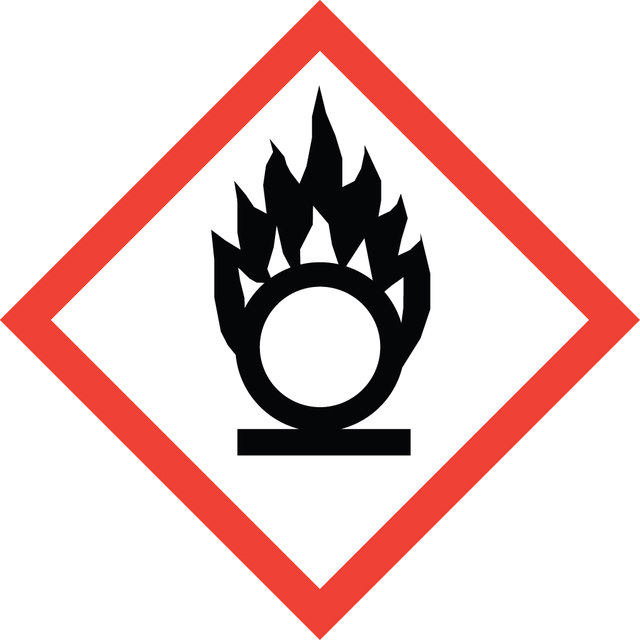description
Methacrylated hyaluronic acid:
Degree of methacrylation: ≥ 45-65%, Product components :
Methacrylated hyaluronic acid (100 mg)
Ruthenium (100 mg)
Sodium persulfate photoinitiator (500 mg)
sterility
sterile; sterile-filtered
mol wt
Mw 100-150 kDa
storage temp.
−20°C
Quality Level
Application
PhotoHA™-RUT bioink kit consists of methacrylated hyaluronic acid (HAMA) and ruthenium photoinitiator. Hyaluronic acid is the most abundant glycosaminoglycan in the body being an important component of several tissues throughout the body. While it is abundant in extracellular matrices, hyaluronic acid also contributes to tissue hydrodynamics, movement and proliferation of cells, and participates in a number of cell surface receptor interactions. The photoinitiator consists of ruthenium and sodium persulfate to be formulated in 1X cell culture media or PBS, which allows visible light photocrosslinking of the printed structure at 400-450 nm. PhotoHA™-RUT provides native-like 3D HA gels, and the final gel stiffness can be customized by changing HA concentrations and crosslinking.
Legal Information
PhotoHA is a trademark of Advanced BioMatrix, Inc.
signalword
Danger
Hazard Classifications
Acute Tox. 4 Oral - Ox. Sol. 3 - Resp. Sens. 1 - Skin Irrit. 2 - Skin Sens. 1 - STOT SE 3
target_organs
Respiratory system
存储类别
5.1B - Oxidizing hazardous materials
wgk
WGK 3
法规信息
新产品
此项目有
Michelle T Poldervaart et al.
PloS one, 12(6), e0177628-e0177628 (2017-06-07)
In bone regenerative medicine there is a need for suitable bone substitutes. Hydrogels have excellent biocompatible and biodegradable characteristics, but their visco-elastic properties limit their applicability, especially with respect to 3D bioprinting. In this study, we modified the naturally occurring
Sudhir Khetan et al.
Cryobiology, 90, 83-88 (2019-08-06)
While significant progress has been made in directing the behavior of cells encapsulated within three-dimensional (3D) covalently crosslinked hydrogels, the capacity of these materials to support in situ cryopreservation of cells directly within the gels has not been assessed. Here
我们的科学家团队拥有各种研究领域经验,包括生命科学、材料科学、化学合成、色谱、分析及许多其他领域.
联系客户支持

